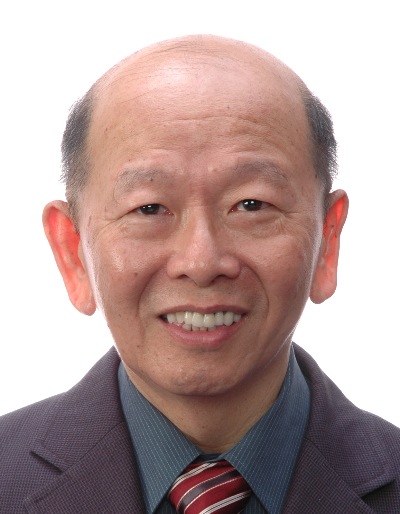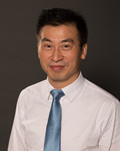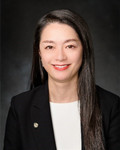

Tan Kiang Hwee
National University of Singapore
Biography: Prof TAN KIANG HWEE is Emeritus
Professor in the Department of Civil and Environmental Engineering at the
National University of Singapore (NUS), where he has worked since July 1981. He
obtained his doctorate degree from the University of Tokyo, Japan in 1985. He
specialises in the area of structural concrete and composites and has carried
out extensive research on external prestressing, fibre-reinforced polymer (FRP)
reinforcement, fibre-reinforced concrete, and sustainable concrete and
construction. He has published more than 300 refereed technical papers, a book
entitled “Beams with Openings: Analysis & Design” (CRC Press LLC, USA, 1999),
“Design Guide for Fibre-Reinforced Concrete Structures to Singapore Standard SS
674:2021” (Association of Consulting Engineers Singapore, 2021), and edited the
proceedings of the 6th International Symposium on FRP Reinforcement for Concrete
Structures (World Scientific, 2003). He was awarded the Frederick Palmer Prize
2021, by the Institution of Civil Engineers (ICE), UK.
Prof Tan is a Fellow of the Institution of Engineers, Singapore (IES), Japan
Concrete Institute (JCI) and Japan Society of Civil Engineers (JSCE). He is a
member of editorial boards for numerous international journals, including ASCE
Journal of Composites for Construction, JCI Journal of Advanced Concrete
Technology, and others. He is a registered professional engineer and has also
been a consultant in structural engineering for several agencies in Singapore
and the region. Currently, Professor Tan is the Chairman for Singapore Standards
Council’s Technical Committee on Structures and Sub-Structures, and a member of
the Investigation Panel for Professional Engineers Board, Singapore.

Yuanbing Mao
Illinois Institute of Technology, USA
Biography: Dr. Yuanbing Mao is a Professor and the Chair of the Department of Chemistry at Illinois Institute of Technology. He received his B.Sc. degree from Xiangtan University, M.Sc. degree from the Institute of Chemistry, Chinese Academy of Sciences, and Ph.D. degree from the State University of New York at Stony Brook. He then finished his postdoc training at the University of California at Los Angeles. His research interests include nanomaterials, solid-state science, and nanoscience with expertise in optoelectronics, energy storage and conversion, and environmental remediation. As of today, he has published over 200 peer-reviewed journal articles with 10,000+ citations, two edited books, four book chapters, and a few patents. He has earned several awards, including the Department of Defense Young Investigator Award and the Outstanding Mentorship Award from the Council on Undergraduate Research, and was a recipient of the Department of Energy Visiting Faculty Program.

Weina Meng
Stevens Institute of Technology, USA
Biography: Dr. Weina Meng is an Associate Professor at Stevens Institute of Technology and the Founding Director of the Advanced Concrete Technology Lab, specializing in sustainable and resilient civil engineering materials. She is a recipient of several prestigious honors, including the NSF CAREER Award (2021) and designation as an Early-Career Research Fellow in Offshore Energy Safety by the U.S. National Academies (2024). Recognized as one of the World’s Top 2% Scientists by Stanford University since 2023, Dr. Meng also ranks in the top 0.1% of scientists globally according to ScholarGPS®. Her scholarly contributions include 86 peer-reviewed journal publications, a U.S. patent, two edited books, two edited guidelines, over 6,600 citations, and an H-index of 38. In 2020, she was named Educator of the Year by the ASCE New Jersey Section. Dr. Meng actively contributes to the professional community through memberships in ACI, ACS, and ACerS, editorial roles on Cement and Concrete Composites, Journal of Case Studies in Construction Materials, and Journal of Sustainable Cement-Based Materials, and participation in the development of ACI standards. Her research spans four core areas: Advancements in Ultra-High-Performance Concrete (UHPC), Innovative waste utilization and CO₂ sequestration in low/negative-carbon concrete, Development of biomimetic cementitious systems, and Application of AI to optimize concrete design and performance assessment.